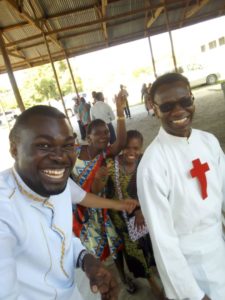 Today we begin a series of interviews with our Camillian religious who work and live in Africa. We asked them to talk to us about the current situation and the effects of the coronavirus pandemic on the population.
Today we begin a series of interviews with our Camillian religious who work and live in Africa. We asked them to talk to us about the current situation and the effects of the coronavirus pandemic on the population.
Today we bring you the testimony of Fr. Shukrani of the Camillian Delegation in Tanzania, the community of Dar es Salaam
What is the current situation of the country? How many ascertained cases of the virus are there?
Tanzania is a developing country with few and scarce health-care institutions: this makes the health-care and social situation very complicated. On 22 April 2020 about 254 people were registered as having had covid-19; 11 had recovered and 10 had died. However, only a few people have been tested and for this reason there could be a certain number of unconfirmed cases. The region of the country that has been most afflicted is the capital Dar es Salaam, where the majority of Camillian religious are to be found. At the moment, the situation in the rural areas seems to be under control, with few or no cases registered.
Did you encounter aggressive forms of pneumonia before the outbreak of covid-19?
In the month of November 2019 the national government, through the Ministry of Health (editor’s note: MoHCDEC = Ministry of Health, Community Development, Gender, Elderly and Children) made a declaration according to which there were said to be cases similar to influenza in the population. The people struck by it had high temperatures, headaches and a general sense of malaise. The Ministry declared that it was examining the situation to see if the virus had mutated over time. On 20 December 2019 the Ministry of Health once again informed the population about the situation. After a further inquiry, it made known that the virus was not new, it was the same as the one that had caused influenza and other respiratory diseases, including pneumonia. The only difference was that there were more cases compared to the previous year (2018) and thus the Ministry wanted to reassure the population that there would be no influenza pandemic in the country.
What measures have you adopted?
People are advised to avoid crowded places and to engage in social distancing. In addition, they are advised to wear a face mask and to stay at home, but at the moment there is no form of official lockdown. National and international flights have been suspended. The Minister of Health provides regular updatings. At Dar es Salaam and in other regions of the country such as Mwanza, Arusha or Kilimangiaro isolation centres have been established to carry out tests, but only with people with symptoms of the disease, as well as quarantine centres for confirmed cases. Every form of meeting, seminar or conference has been prohibited. Religious services continue to be held, although the diocese of Rulenge-Ngara decided to suspend Holy Masses for a period of thirty days. In addition, the President requested three national days of prayer (16-18 April). People have also been advised to avoid unnecessary journeys, especially to or from the cities that have been most struck by the virus. This is an attempt to ensure that people in the afflicted areas do not spread the disease to other areas, in 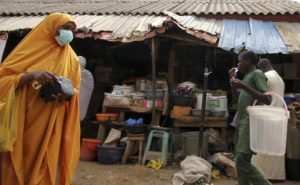 particular to rural areas.
particular to rural areas.
What has been the response of people?
People have responded positively, however in particular in large cities such as Dar es Salaam it is difficult to follow the containment measures to the letter. Many people in Tanzania are unemployed, others have to go out every day to go and look for work (the informal sector). I am referring as well to those who work in the markets, in local food shops, in public transport, etc. For them not to go out means not being able to get food for themselves and their families. People have been encouraged to wear face masks but for many of them this equipment is a luxury.
What is most frightening?
From where I am, I constantly hear the wailing of ambulances. But I am more frightened by the fact that the pandemic has hit a population that was already struggling every day for basic needs, that has low immunity defences because of HIV/AIDS, tuberculosis, malaria, diabetes, heart disease, etc. In addition, I am afraid that like many developing countries we do not have sufficiently adequate health-care institutions for prevention and for testing. There is so much fear amongst the population that I am afraid that this could lead people not to help patients with covid-19. In addition, gatherings in places of worship could further spread the disease, infecting an unimaginable number of people. I am also afraid about the most vulnerable social categories: parents who do not work, do not bring food to their homes. For this reason, we are face to face with a dual threat for Tanzania: the coronavirus and hunger. Quarantine at home is difficult to observe for these people.
Is the treatment working?
I cannot say with certainty whether it is working or not. However, the eleven cases that have been diagnosed officially can provide important indications as regards the success of the treatment.
What is really needed?
We should help the most vulnerable people in society to survive during this health-care crisis. I am speaking about single mothers who sell clothes in markets or snacks for young people in schools and universities and colleges; about prostitutes; about workers in public transport; about all those whose survival depends on services to earn their livings such as decorators or masters of ceremonies (popularly known as MC). The poorest will never be able to buy individual protective equipment (PPE) and with them all those people who have lost their jobs because of the crisis will need a wage (in cash or goods) to survive.



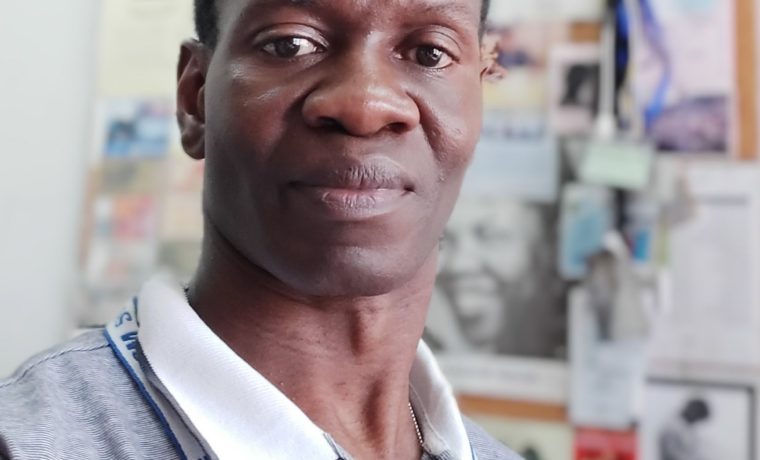







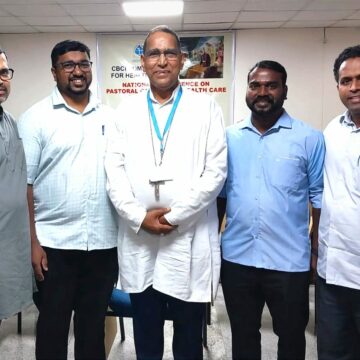


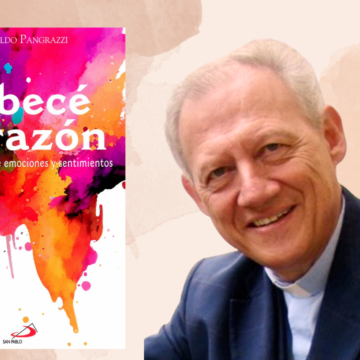
Camillians on Facebook
Camillians on Twitter
Camillians on Instagram